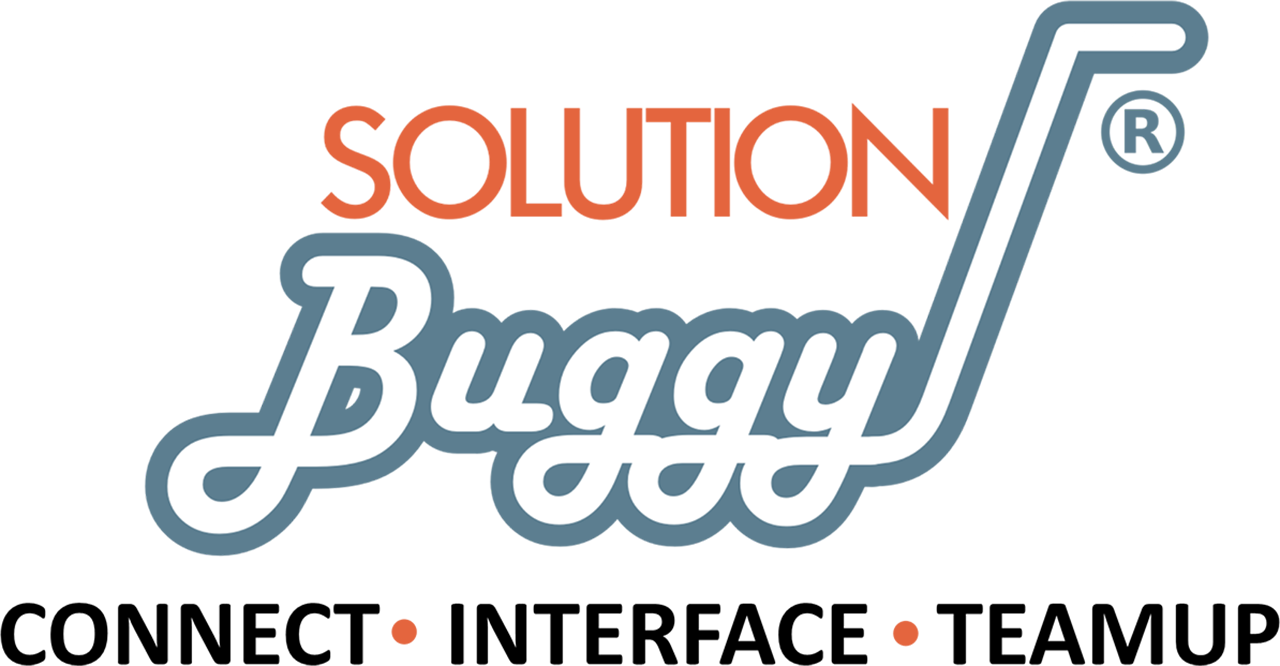The ongoing evolution of consumer preferences, taste and buying behaviors has forced food industries to innovate new products and flavors as per consumer’s demand. Also, to offer food products at competitive prices, industries have to cut down their cost by optimizing their manufacturing process. Hence the Indian government along with food industries are investing in Research and Development (R&D).The Main objective of R & D consultants in the food processing industry is to develop new products and flavors.
In the food industry, primary aim of strategic R&D is to: decrease product costs, improve nutritional properties, taste enhancement, technology upgradation process optimization, improve food safety, shelf life improvement, etc. Research and development R&D Consultants are not only limited to product development but also technology upgradation and process optimization. To improve productivity and to avoid human intervention, food industries are shifting towards automation. Batch weighing, packaging, logistic functions, mixing, material handling has already become completely automated in some food industries. With the implementation of artificial intelligence and machine learning, industries are gearing up for the fourth industrial revolution which needs R&D to be done extensively.





